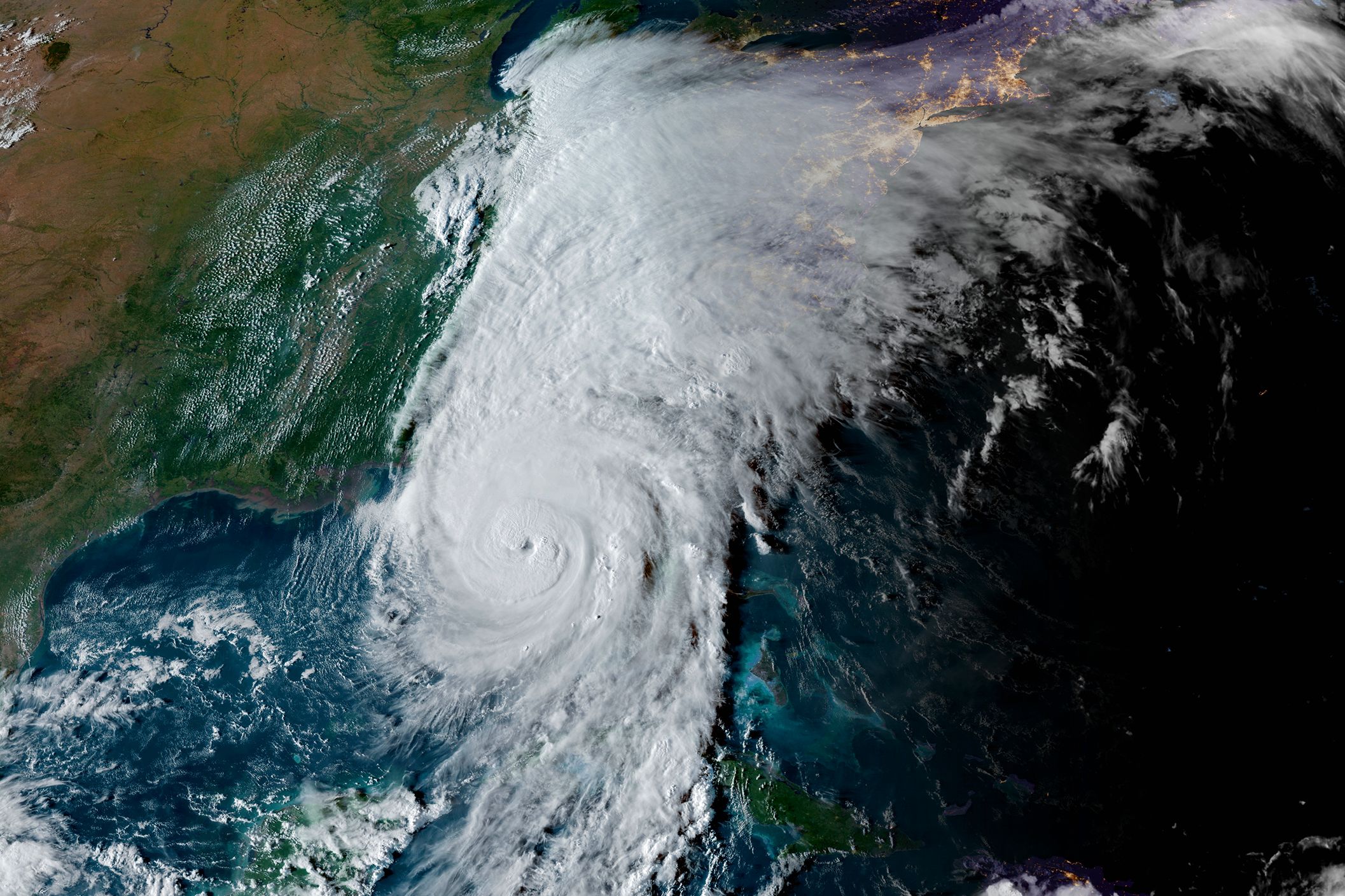A Leading Florida Economist Pictures Life After Coronavirus

Image: Shutterstock/diy13
Sean Snaith, director of the University of Central Florida’s Institute for Economic Forecasting, frequently appears on national newscasts and in such publications as The New York Times and The Wall Street Journal. Snaith, who says he was “shocked” by the country’s decision to shut down in March and April because of Covid-19, says the shutdown “bulldozed the economy,” and it will take years to fully recover. We asked Snaith about the post-Covid economy; here are some takeaways.
The shutdown was based on fear—and a flawed model.
Snaith says closing down was an overwrought response to a March prediction from the Imperial College of London that up to 2.2 million could die from Covid-19 in the United States. “This came from an expert who had massively overpredicted deaths from mad cow disease, swine flu and bird flu,” he says. But as panic erupted, schools and businesses were closed without considering the economic effects. “We inflicted a recession upon ourselves,” says Snaith. “We did prevent the health care system from being overwhelmed, but we paid a very high cost.”
The pain was real, but some parts of the economy won’t feel much of a hangover.
Twenty-two million jobs disappeared during March and April, and GDP contracted by some 30 percent. Many small businesses will never reopen, says Snaith, and their owners and employees are now jobless in an economy that will struggle to create new work for them. But the recession is over, and some sectors are growing again. If scientists come up with a vaccine and good treatments by early 2021, Snaith expects economic output to climb to pre-Covid levels by the second or third quarter.
Tourism and hospitality are in a deep abyss.
Tourism was robust before the coronavirus changed everything, especially in Florida. “Air travel to Orlando collapsed by 97-98 percent in April, and by August was still only 25 to 30 percent of what it had been,” says Snaith. He thinks air travel to Florida will remain weak next year, and international travel will languish even longer. “With all the bans and restrictions, that mess will take longer to sort through,” he says. “We are looking towards the middle of 2022 before we get pre-Covid tourism numbers back.”
Covid-19 didn’t change everything; it accelerated existing trends.
Some futurists say the coronavirus will transform many aspects of modern life, from shopping and education to business and even building design. Snaith disagrees. The virus, he says, just made what was already happening happen faster. Telecommuting, for example, was rising before the pandemic. And once we have a vaccine and better treatments, many business gatherings and much travel will resume. “Zoom meetings are a poor substitute for in-person interactions,” Snaith says. “And you can’t do a virtual trade show that works.” Important social dynamics can’t play out on a computer screen, especially for new hires. “You can add another little square on the screen and say, ‘Hey, everybody, here’s Shirley, our new account executive—none of you have ever met her and maybe never will,’” says Snaith. But that won’t build corporate teams and culture.
Covid-19 fueled online shopping, but brick-and-mortar retail will revive.
“People will continue to shop online, but it’s not a perfect substitute,” says Snaith. “They still want to squeeze the Charmin. And if you have to return the shoes you ordered because they don’t fit, you are undermining the main reason to shop online—convenience. There will always be a need for specialty and niche shops.” Still, not all retail will roar back. The shutdown impacted different businesses differently. “Bars and hair salons closed; dog groomers stayed open,” Snaith notes. And as Florida tourism flounders, many businesses in beach towns and near theme parks may not survive.
The shutdown helped retail giants wipe out more small competitors and encouraged malls to reinvent themselves.
“The Disneys and the Deltas will emerge on the other side,” Snaith predicts. Little guys without cash reserves or access to capital may not. And while traditional malls were already dying, malls that emphasize experiences and entertainment were emerging before Covid and will continue to do so. Case in point: The soon-to-be completed American Dream Miami, which will be North America’s largest mall, combining shops and restaurants with a gigantic theme park.
Austerity will not be the new American way of life.
Some believe the coronavirus taught us to value relationships and experiences above spending and acquiring. Not Snaith. “I would never write off the voraciousness of the American consumer,” he says. As soon as stores opened in May, the data showed we were shopping and buying again. He predicts that after contracting by about 5 percent this year, consumer spending will leap by at least 7 percent in 2021.
The labor market has a longer path to recovery. “You can’t just reach into the cupboard and pull out a new salon or restaurant,” says Snaith. Entrepreneurs must assemble resources before they take the risk and start hiring. “The shutdowns destroyed the best labor market in decades,” he says. “It will probably be the middle of 2022 before business payrolls and unemployment look like what we had before.”
Commercial real estate will falter while residential prospers.
Business shutdowns and tenants’ inability to pay rent will hurt landlords and commercial developers. But residential sales and prices are rising. “The shutdowns disproportionately affected low-income workers,” says Snaith. “But they weren’t homebuyers.” Many white-collar workers who could work from home sailed through the shutdowns with their jobs intact. They still have purchasing power, and that, along with record-low mortgage rates, is feeding the housing market. “The big real estate problem is not demand but a shortage of product, especially in Florida,” he says. Retiring baby boomers keep fueling new Florida construction. “I drove up I-75 recently and was shocked to see how massively The Villages is expanding, with mile after mile of land being prepared for building,” Snaith says.
Covid-19 should teach us some important lessons.
“You can’t make public health decisions without considering the economic consequences,” says Snaith. “You can’t respond to one event by putting 38 million people into unemployment. What was the benefit? Lockdowns don’t make viruses disappear, but they do significant damage to the economy.” He warns that any new shutdowns could wreak further havoc, turning “a historic recession into the next depression.” And looking at how other countries handled the pandemic, Snaith doesn’t see any one strategy emerging as the gold standard. “We need to learn from this, because there will be other pandemics,” he warns. “Travel, trade and globalization move viruses quickly around the world.”



